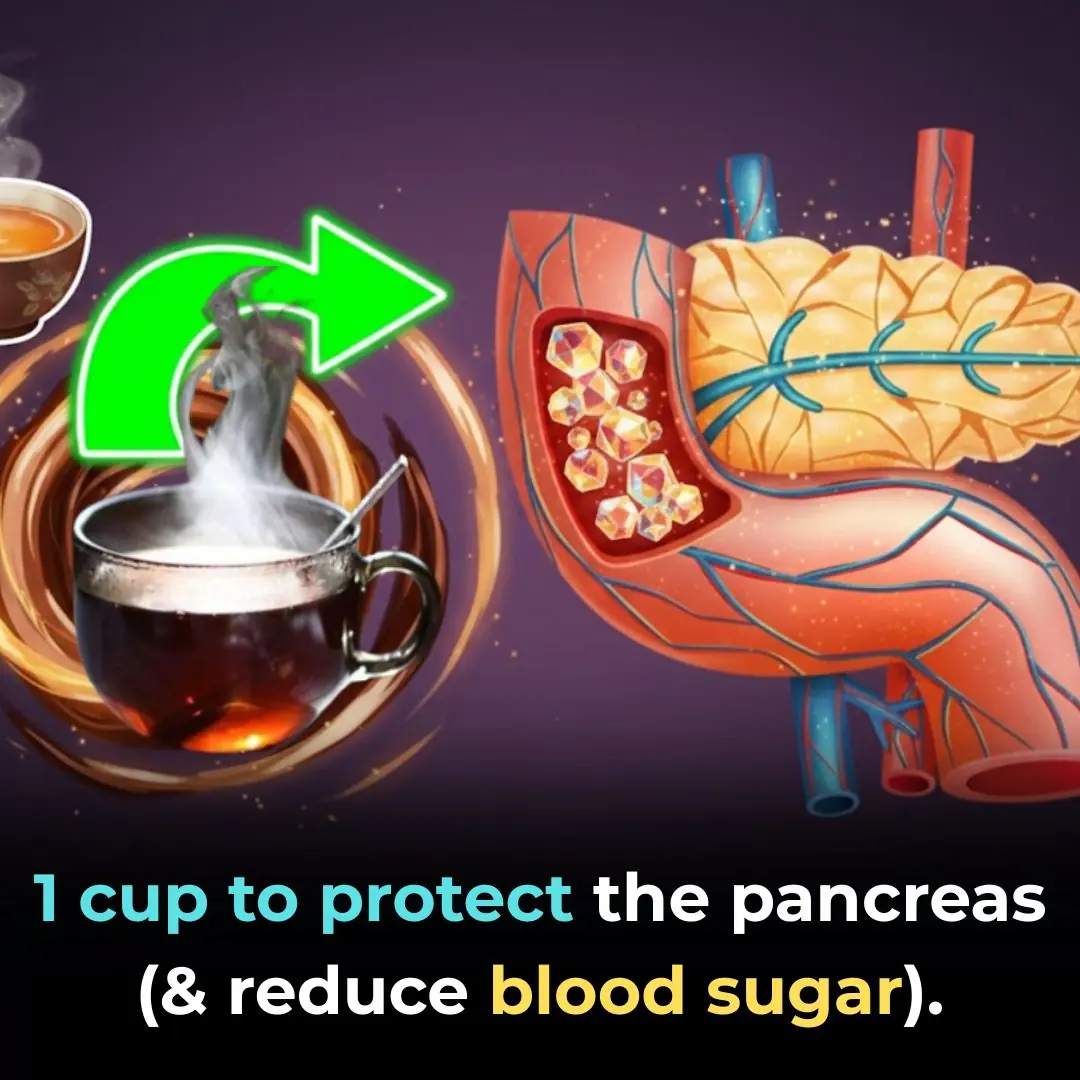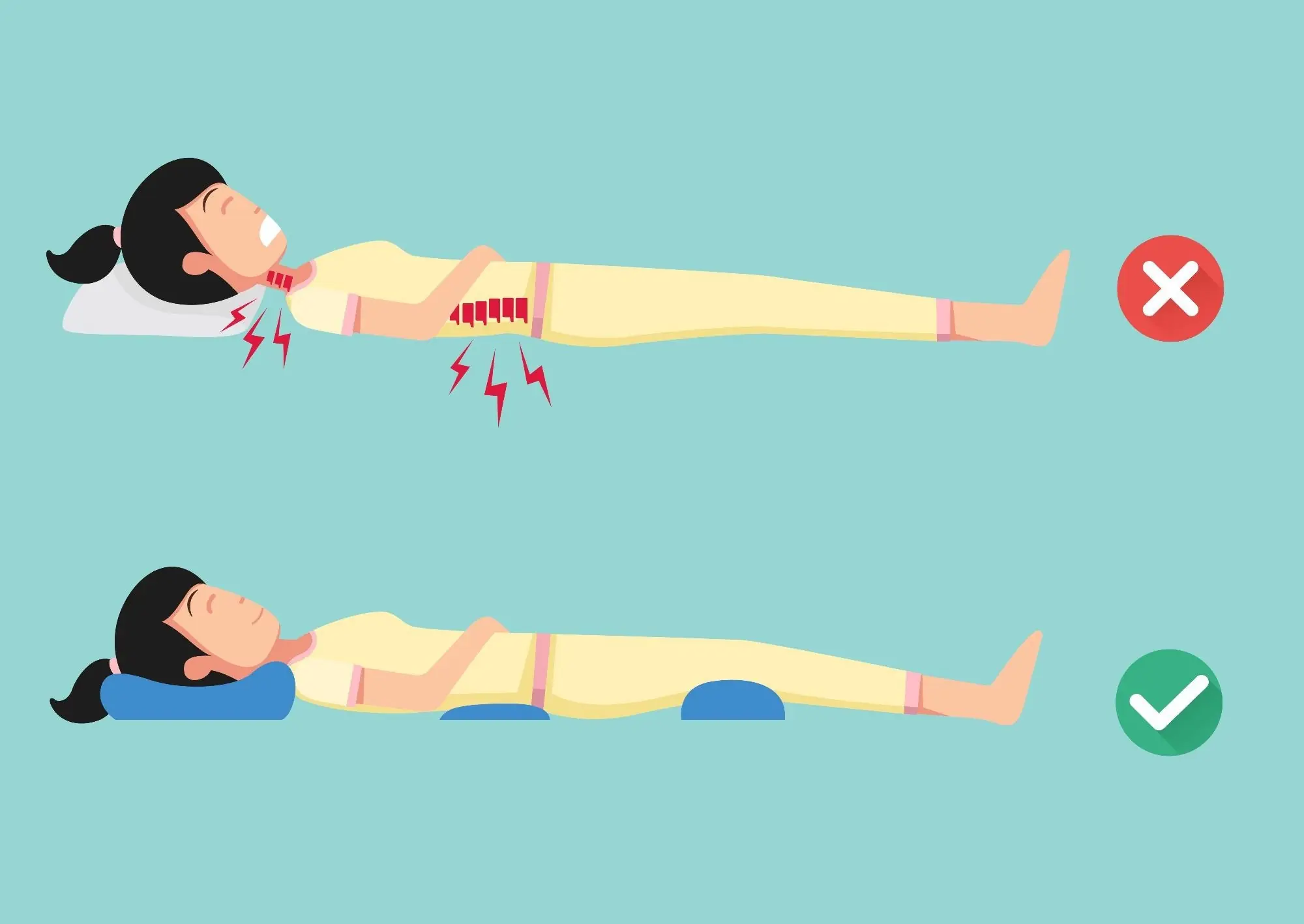
Long-term melatonin use linked to increased heart failure risk, new study suggests
Melatonin has become one of the most widely used sleep supplements in the United States, relied on by millions struggling with insomnia or disrupted sleep. But new research suggests that long-term use of the hormone may come with unexpected risks — including a significantly higher likelihood of heart failure, hospitalization, and early death.
While the findings do not prove that melatonin causes heart problems, experts say the results raise important concerns and highlight the need for medical guidance before using the supplement chronically.
✅ Key Takeaways
-
Long-term melatonin users may have a higher risk of developing heart failure.
-
People who used melatonin for a year or more were more likely to be hospitalized for heart failure and more likely to die during the study period.
-
Experts emphasize that relying on melatonin long-term may signal underlying heart or metabolic issues.
-
The study is observational, not proof of causation, but warrants caution and further research.
What the Study Found
Researchers analyzed electronic health records from more than 130,000 adults and discovered a striking pattern:
✅ Higher Rates of Heart Failure
-
4.6% of long-term melatonin users developed heart failure
vs. -
2.7% of non-users
That means regular melatonin users were nearly twice as likely to develop the condition.
✅ Increased Hospitalizations
Long-term melatonin users were more than three times as likely to be hospitalized for heart failure.
✅ Higher Risk of Death
The risk of dying from any cause during the study period was almost double among chronic melatonin users.
These associations were detected in people who used melatonin consistently for one year or longer — a pattern that raises questions about the supplement’s long-term safety.
⚠️ Important: Correlation, Not Causation
Despite the concerning numbers, researchers are not claiming that melatonin directly damages the heart.
Instead, they suggest the possibility of a reverse relationship:
➤ The need for regular melatonin may be a signal of underlying heart disease.
Chronic insomnia and sleep disruption are known to:
-
elevate blood pressure
-
increase stress hormones (like cortisol)
-
worsen inflammation
-
degrade metabolic health
All of these are established risk factors for heart failure.
In other words, people taking melatonin every night may already be at higher cardiovascular risk — and the supplement may simply be reflecting that.
Why Experts Are Urging Caution
The study is observational, meaning it shows patterns but cannot confirm cause and effect. It has also not yet undergone formal peer review.
Still, specialists say the findings raise red flags — especially given melatonin’s growing popularity and its unregulated supplement market in the U.S., where purity and dosage can vary widely.
✅ Experts recommend:
-
Avoiding long-term use unless medically indicated
-
Discussing chronic insomnia with a doctor
-
Treating the root cause, not just the symptoms
-
Staying cautious with supplements not monitored by the FDA
The study also excluded children and may undercount melatonin use since supplements are not always reported to healthcare systems.
Melatonin’s Role in the Body — and Why It Matters
Melatonin is a hormone naturally produced by the brain's pineal gland to regulate sleep-wake cycles. Synthetic melatonin is commonly used for:
-
occasional insomnia
-
jet lag
-
shift-work sleep problems
However, it is not meant to be taken indefinitely without medical supervision.
Heart failure, the condition highlighted in the study, occurs when the heart cannot pump enough oxygen-rich blood to meet the body’s needs. Even mild disruptions in sleep quality can worsen cardiovascular strain over time.
What Should You Do If You Take Melatonin?
✅ Doctors advise:
-
Talk to your physician, especially if you've used melatonin nightly for more than 3–6 months
-
Review underlying causes of insomnia rather than masking symptoms
-
Avoid high doses; many supplements contain far more melatonin than the body naturally makes
-
Consider behavioral and lifestyle approaches first, including:
-
consistent bedtime routines
-
reducing caffeine and alcohol
-
limiting screens at night
-
cognitive behavioral therapy for insomnia (CBT-I)
-
The Bottom Line
A new observational study suggests that long-term melatonin use may be associated with increased risks of heart failure, hospitalization, and early death. While the findings do not prove melatonin is harmful on its own, they highlight the importance of monitoring chronic sleep issues and discussing ongoing supplement use with a healthcare provider.
As the popularity of melatonin continues to rise, understanding its potential impact on heart health is becoming increasingly urgent.
News in the same category


The 7-Day Organ Flush That Doctors Hate: Cleanse Kidneys, Liver & Lungs With Kitchen Staples

How to Naturally Eliminate Intestinal Parasites with Clove and Flax Seeds

The #1 Food to Unclog Your Arteries Naturally

6 Everyday Foods That Can Help Relieve Common Health Symptoms — According to Science

Nerve damage? 6 best oils to help repair your nerves

1 cup to protect the pancreas (and reduce blood sugar)

10 Warning Signs of Bowel (Colorectal) Cancer You Shouldn’t Ignore

Coconut Water Found To Lower Blood Pressure By As Much As 71% In Study Participants

Best Sleeping Positions to Prevent Neck Pain Reflux and Keep Your Heart Healthy

The deadly sleeping mistake that can trigger heart attack and stroke overnight!

Baking Soda and Castor Oil Can Treat More than 20 Health Problems

Purple Veins on Your Legs

Why Keeping A Lemon In Your Bedroom Is A Great Idea

Nighttime Habits That Increase Your Risk of Stroke

4 Types of Shoulder Pain That May Signal Dangerous Cancer — Don’t Mistake Them for Simple Joint Problems

6 Body Parts That Turn Black May Signal Cancer — Don’t Ignore Them

The Amazing Power of Caesalpinia pulcherrima (Peacock Flower)

White Bumps or Spots on Lips: Causes and Effective Treatments
News Post

The Healing Power of Onions: Red, Yellow, and White — Three Natural Medicines in One Vegetable

The 7-Day Organ Flush That Doctors Hate: Cleanse Kidneys, Liver & Lungs With Kitchen Staples

How to Naturally Eliminate Intestinal Parasites with Clove and Flax Seeds

The #1 Food to Unclog Your Arteries Naturally

Could This Vibrant Beetroot Lip Balm Be Your Secret to Soft, Rosy Lips?

6 Everyday Foods That Can Help Relieve Common Health Symptoms — According to Science

This Homemade Coffee & Turmeric Eye Cream Will Erase Your Dark Circles

How to grow clove plant at home – from seed to spice

7 Benefits Of Papaya Seeds & How To Consume Them Correctly

Chanca Piedra (Stonebreaker): Benefits and Uses

Nerve damage? 6 best oils to help repair your nerves

Red Onion for Hair Growth: How This Overlooked Natural Remedy Can Stop Hair Fall and Boost Thickness Fast

Banana and Coffee: Powerful combination with surprising benefits

1 cup to protect the pancreas (and reduce blood sugar)

Manraj’s Journey: A Brave Little Fighter Who Beat Cancer

The Day Rick Swope Saved Jo-Jo the Chimp: A Heroic Act of Compassion

A Dramatic Rescue: The Courageous Effort to Save a Mother and Calf Elephant in Thailand

The Orange Cat and the Bears: A Friendship You Have to See to Believe
